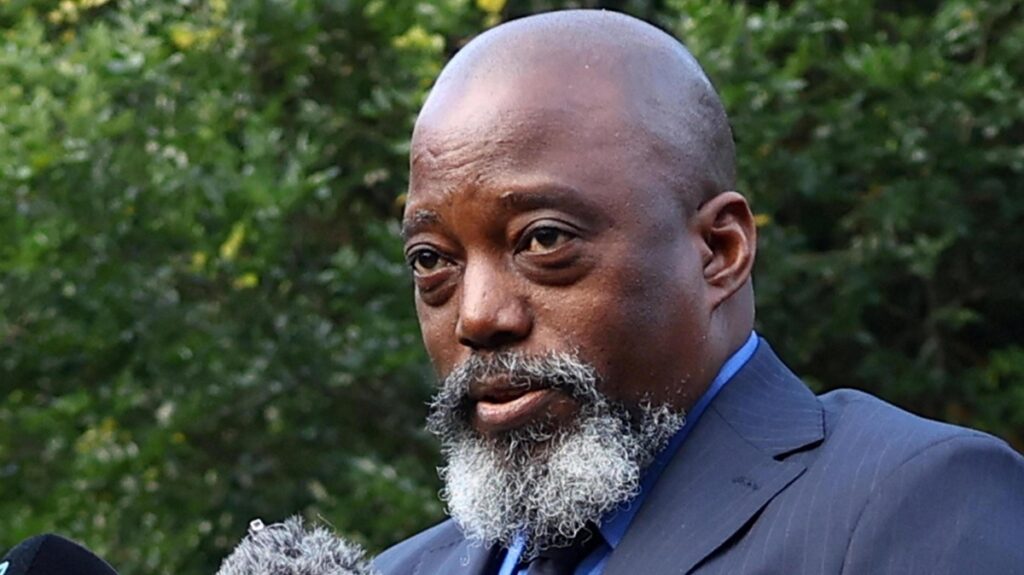Joseph Kabila, the former president of the Democratic Republic of Congo, has arrived in Goma, a city currently under rebel control in the country’s eastern region, for discussions with residents. This was confirmed by three close associates who spoke to Reuters. His visit comes just a month after he announced his intent to help resolve the ongoing crisis in this conflict-torn region.
If confirmed, Kabila’s presence could complicate U.S.-backed efforts to end the M23 rebellion. The M23, an armed group supported by Rwanda, controls parts of eastern Congo rich in minerals that have attracted significant American interest for mining investments.
Kabila, who has denied supporting the M23 rebellion, agreed to step down from office in 2018 after nearly 20 years in power, following both protests and international pressure. He has spent most of his time abroad, particularly in South Africa, since late 2023.
According to those close to Kabila, he plans to begin consultations with residents in Goma on Wednesday. M23 seized control of the city in January during its rapid territorial gains. Corneille Nangaa, who heads the rebel coalition that includes M23, also confirmed Kabila’s presence in Goma on social media, although Kabila himself has not made any public statements or appearances.
This visit comes shortly after the Senate in Kinshasa voted overwhelmingly to lift Kabila’s immunity from prosecution over alleged connections to the M23 insurgency. Government spokesperson Patrick Muyaya said on state television that Kabila was aligning himself with the rebels and with Rwandan President Paul Kagame.
Kabila is wanted in Congo for alleged crimes against humanity, including involvement in massacres of civilians. The government has also taken steps to suspend his political party and freeze its assets.
In a speech last Friday, Kabila accused President Felix Tshisekedi’s government of exploiting the justice system for political purposes and described it as an instrument of repression.
Push For Peace
Kabila assumed the presidency in 2001 after the assassination of his father and remained in power after the contentious 2018 election through a tenuous power-sharing agreement with Tshisekedi. That arrangement ended in 2020 when Tshisekedi sidelined Kabila and accused him of obstructing reforms.
Their relationship has since deteriorated. In February, as M23 forces advanced on Bukavu, Congo’s second-largest city in the east, Tshisekedi publicly accused Kabila of backing the insurgency during the Munich Security Conference.
Washington is pushing for a peace deal this summer to halt the fighting and open the region to substantial Western investment in mining, according to Massad Boulos, senior adviser for Africa to former President Trump. The U.N. and Western governments maintain that Rwanda is providing weapons and troops to M23, although Rwanda denies these allegations, claiming its military operations are defensive measures against Congo’s army and militias linked to the 1994 genocide.

